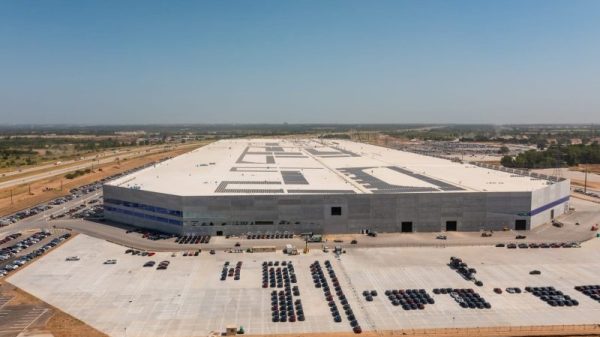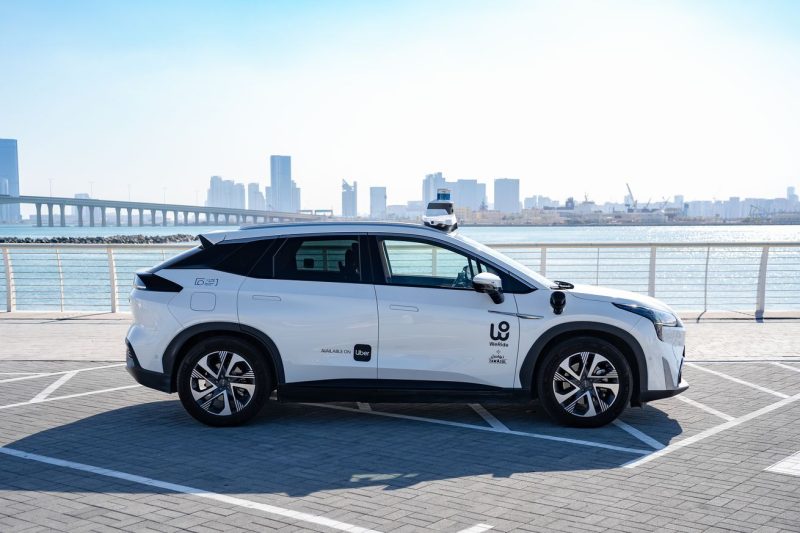Uber’s First International Robotaxi Service is Live in the UAE
The emergence of autonomous vehicles is revolutionizing transportation across the globe, with major companies investing in self-driving technology. Uber, one of the leading ride-hailing services, has launched its first international robotaxi service in the United Arab Emirates (UAE). This landmark initiative is setting a new standard for mobility services in the region and beyond.
The deployment of Uber’s autonomous vehicles in the UAE marks a significant milestone in the company’s journey towards a fully autonomous future. The robotaxi service offers users a convenient and efficient way to travel within select areas in the UAE. By using a smartphone app, passengers can request a self-driving car to take them to their destination, eliminating the need for a human driver.
One of the key advantages of Uber’s robotaxi service is the potential to reduce traffic congestion and enhance road safety. Autonomous vehicles are equipped with advanced sensors and artificial intelligence technology that enable them to navigate roads more effectively than traditional cars. By optimizing routes and minimizing human error, self-driving vehicles have the potential to make transportation more efficient and safer for everyone on the road.
Moreover, the launch of Uber’s robotaxi service in the UAE highlights the country’s commitment to embracing innovation and technology. The UAE has been at the forefront of promoting autonomous transportation, with government initiatives aimed at facilitating the development and deployment of self-driving vehicles. By partnering with Uber to introduce robotaxis in the region, the UAE is positioning itself as a global leader in the adoption of autonomous technology.
Despite the many benefits of autonomous vehicles, challenges remain in ensuring the safety and regulatory compliance of robotaxi services. The development of robust safety protocols, cybersecurity measures, and regulatory frameworks is essential to guaranteeing the safe operation of self-driving vehicles on public roads. Collaborative efforts between industry players, policymakers, and stakeholders are crucial to address these challenges and pave the way for the widespread adoption of autonomous transportation.
In conclusion, Uber’s launch of its first international robotaxi service in the UAE represents a significant step towards realizing the potential of autonomous vehicles in transforming the future of transportation. By leveraging self-driving technology, Uber is providing users with a convenient and efficient mobility solution while contributing to the advancement of innovation in the region. The success of Uber’s robotaxi service in the UAE underscores the growing importance of autonomous vehicles in shaping the future of mobility worldwide.


































